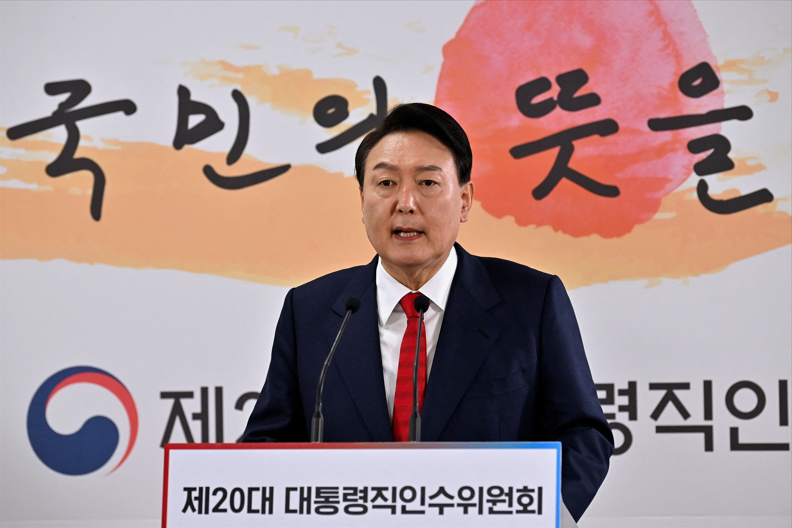
Wang Fudong, Assistant Research Fellow, Institute of International Economics and Politics, Shandong Academy of Social Sciences
Apr 20, 2022
As it grows stronger, South Korea naturally wants to play a bigger role in world affairs. But drawing close to the U.S. in all fields to elevate its importance will ultimately constrain its diplomatic space and flexibility.
Wang Fudong, Assistant Research Fellow, Institute of International Economics and Politics, Shandong Academy of Social Sciences
Mar 31, 2022
With America distracted by the Russia-Ukraine conflict, the ICBM on the Korean Peninsula is not getting much attention. But the problem won’t go away without judicious action on both sides.
Wang Fudong, Assistant Research Fellow, Institute of International Economics and Politics, Shandong Academy of Social Sciences
Feb 07, 2022
With the United States maintaining a hostile stance, the DPRK faces a bleak choice: either capitulate to U.S. nuclear and missile demands or try to unnerve the U.S. with a show of force. It is likely to try the latter first.
Zhang Tuosheng, Principal Researcher at Grandview Institution, and Academic Committee Member of Center for International Security and Strategy at Tsinghua University
Nov 30, 2021
China and the United States should cooperate to remove the fundamental causes of failure — lack of trust, differing definitions of denuclearization, timetables and peace mechanisms — while accounting for the DPRK’s wariness of the so-called Libya model.
Zhang Yun, Professor, School of International Relations, Nanjing University
Aug 12, 2021
A fundamental shift in thinking is needed under which inspections become an interactive, two-way process. The accusatory hunt for a presumed cheater that has been used in the past needs to change. What's needed is a process that builds trust and provides incentives for cooperation.
Richard Weitz, Senior Fellow, Hudson Institute
Jun 16, 2021
The termination of the U.S.-South Korea’s Revised Missile Guidelines signals a new phase in two countries’ relations, further complicating China’s role on the Korean Peninsula.

Li Jun, Director and Researcher, Institute of World Thought, Party School of CPC Central Committee
May 29, 2021
Although bilateral relations face many difficulties this year, it’s possible — so long as the DPRK and the ROK understand and respect each other — to seize strategic opportunities for a new phase of reconciliation and cooperation. In that case, the re-emergence of the Peninsula Spring may be expected.
Wang Fudong, Assistant Research Fellow, Institute of International Economics and Politics, Shandong Academy of Social Sciences
Jan 28, 2021
The country unveiled its economic approach at the Eighth National Congress of the Workers’ Party of Korea. It faces serious obstacles, starting with its emphasis on self-reliance and an inefficient planned economy.
Wang Fudong, Assistant Research Fellow, Institute of International Economics and Politics, Shandong Academy of Social Sciences
Dec 18, 2020
The nuclear issue on the Korean Peninsula will not be resolved easily, but there’s reason to hope that a resolution can be nursed into reality. China, Russia, and the Republic of Korea should actively promote the resumption of dialogue and not allow the matter to drift.
Fu Ying, Founding Chair of Center for International Security and Strategy, Tsinghua University; China's former Vice Minister of Foreign Affairs
Oct 09, 2020
Any resolution of the nuclear issue must start with the recognition of the DPRK’s deep concerns. While the six-party talks have not yet resumed and risks remain, China will remain critical to the future outcome.